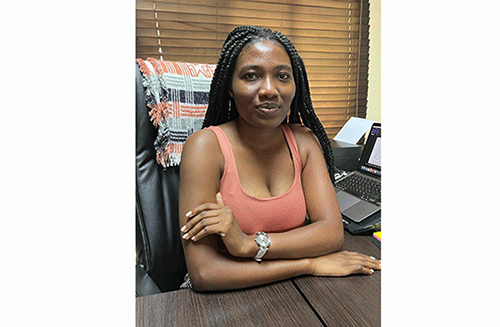Eunike Kautsima
I have been observing lately, and it is stirring to see how devoted Namibians are to education. The recent pictures that have been circulating on social media from different schools just show that both adults (parents) and young people in Namibia are all invested in education and learning.
Higher education institutions also have probably received huge amounts of applications for 2023 from people who want to explore different courses, get into new careers, advance and grow with new knowledge and skills.
At the beginning of 2022, the ministry of education announced that about 822 000 pupils were enrolled in schools across the country. That was an astounding number, which has probably increased this year, taking into consideration the current concern we have with the failure rate that hit us from the 2022 NSSCO and NSSCAS academic performance.
And, if you add the number of people who are already enrolled in universities and the new students whom we will be expecting, we should applaud ourselves for having prioritised learning in our lives.
Lately, everyone is probing what can be done differently, and what process can be followed to unravel the matter of the new education curriculum in Namibia. But inasmuch as we are hit by the poor results, this is a clear sign that everyone involved must start familiarising themselves with the new modifications, accept the change gracefully, and explore techniques that can make everything work.
Since there is no way we can go back, we still have a long year to make up for our country.
With the world evolving and a variety of approaches being introduced every day in different sectors, education systems have also been changing from the traditional ways of teaching over time now, across the world.
The old history courses’ content and old technology is entirely being averted into new bigger, well-customised, more engaging and updated concepts to adapt to the changes in the industries.
Perceptibly, schools are also now into a mix of real life and technology.
The course contents are slowly shifting from the 2000s’ world into the new reality to conform to the current industrial demands such as skills that can transform and revolutionise various sectors. The new academic outline in Namibia only needs to be explored progressively, and it will confidently create a well-transformed generation that can solve real-world issues.


